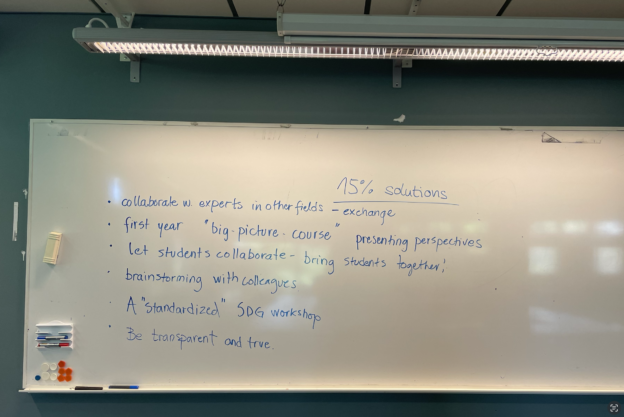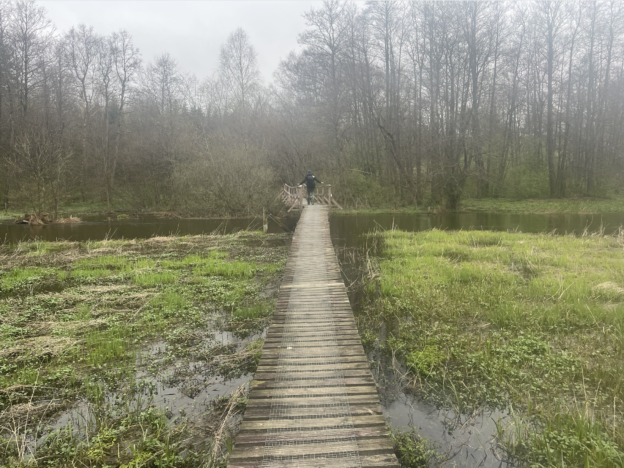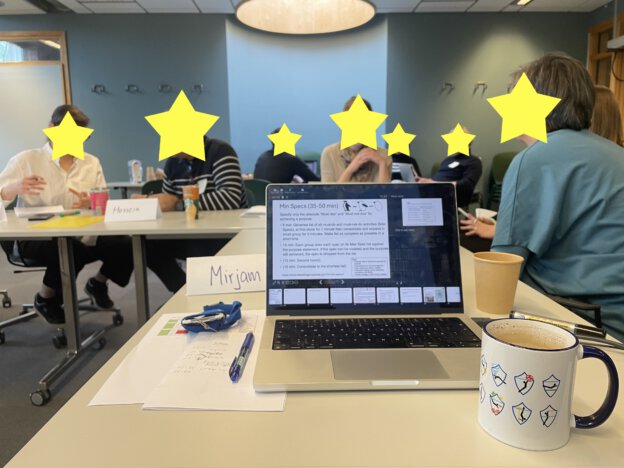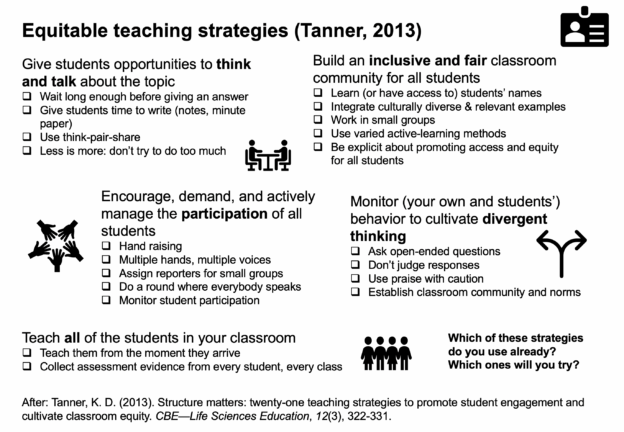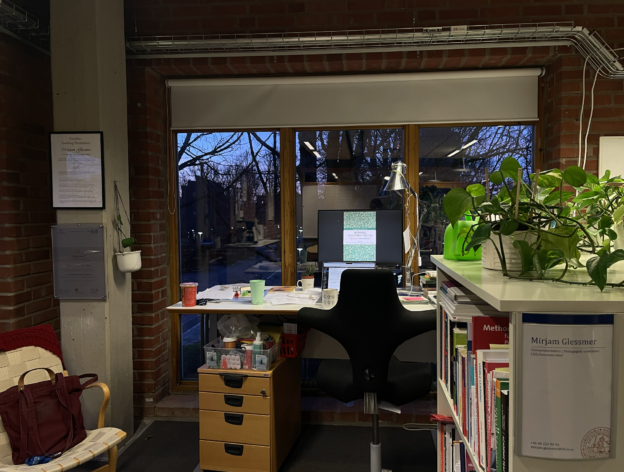Teaching for sustainability is about so much more than teaching the content and skills described in the SDGs, or even the cross-cutting sustainability competencies. Today, I talked with teachers who asked what they could do in their courses where the curriculum does not mention anything related to sustainability, and if they should even do anything. Do all courses always need to connect to sustainability? In my opinion, everything is connected to sustainability, and even if you don’t want to explicitly address it in every course and all the time, there are so many things you can do to use your teaching on any content and skills for sustainability.
One article that I find super helpful is “Structure matters: twenty-one teaching strategies to promote student engagement and cultivate classroom equity.” (Tanner, 2013). It is not about sustainability, but it is contributing to it anyway by giving super simple teaching tricks that help teachers to pay attention that all students are invited to participate and to personally connect to the topic. In a nutshell (but go read the original article, since it not only provides a checklist but also explains why each of the strategies is important and why they work): Continue reading →
